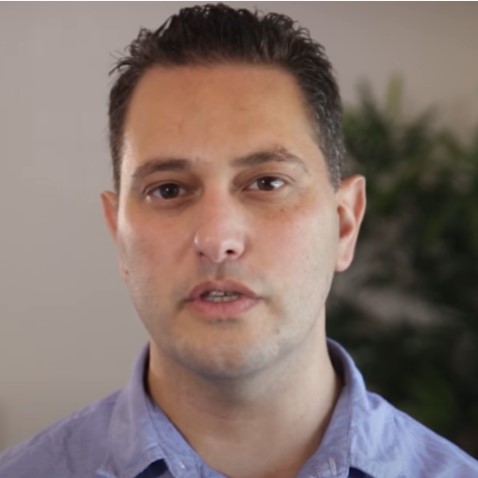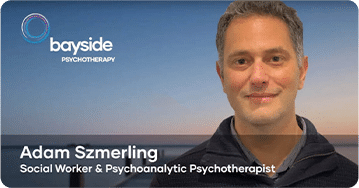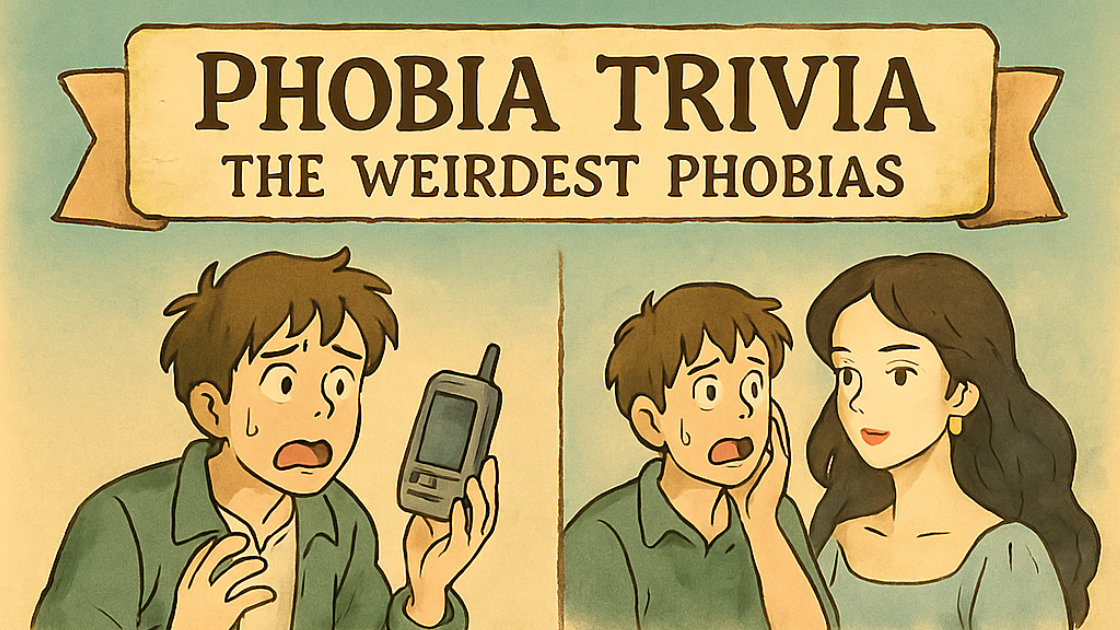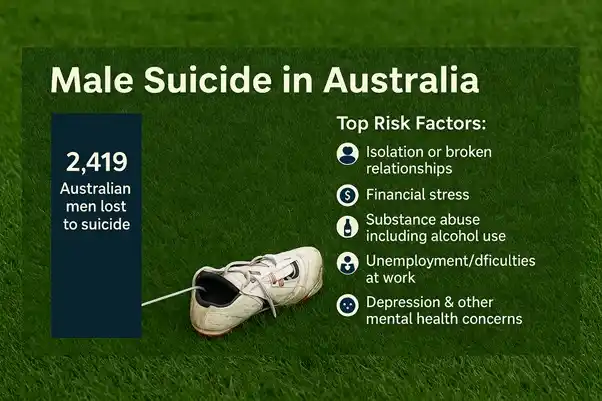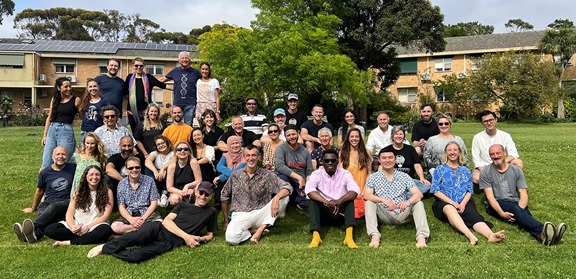Difficulties Receiving Love In Various Forms
I cant recall how many times I’ve heard friends, relatives and work colleagues ponder whether their partner, parents or children really love them. Love is such a complex topic but essentially we are all looking for it in different parts of our lives and experience different sorts of love with our partners, children, parents, relatives and friends.
I don’t feel loved by those around me
However, even if we are lucky enough to be surrounded by people who do love us, it is sometimes very difficult to accept the love that is being given into a deep and profound part of ourselves. Difficulties receiving love creates frustration for both parties. The receiver may (or may not) see that people around them are making genuine attempts to be loving or caring, but their inability to take in that love can mean they become frustrated, angry and demanding of others because they aren’t perceived to be doing enough or doing the right thing. For the individual who is attempting to provide love and care, being subject to demands and consistent critical feedback can generate feelings of anger, hopelessness and inadequacy and possibly a degree of withdrawing from the relationship.
In the above scenario, both the giver and receiver are probably contributing to the problem. However, as this article is focusing on receiving love, I’m going to focus on the receiver’s side of the situation.
Why don’t I feel loved?
there are a number of reasons why it can be difficult or sometimes impossible to receive and feel love in the deepest corners of our soul. Most of them have their origins in early relationships, usually with our parents.
As a young child, if our parents reject and disapprove of particular emotions (such as anger, fear or sadness) or an aspect of our personality (being outspoken or unconventional), our mind does something quite clever and adaptive in that moment. It “splits” off that part of ourselves which is perceived as a threat to our survival and a threat to an ongoing relationship with seemingly older, wiser and powerful caregivers. This means we don’t express our anger or our sadness or our individuality. While this allows us to survive our childhood, the splitting off process is an incredible loss for the self that can manifest in depression later in life. Until the depression is addressed and the associated grief and loss is resolved, it is very difficult to experience fulfilling love relationships. The grief process allows those “split” off parts of ourselves to become reintegrated and allow an individual to create a more cohesive sense of who they really are. As the self becomes less fragmented, feelings, including love, can flow more freely between all parts of the self and therefore be experienced in a more complete and deep way.
Another scenario that can lead to difficulties receiving love is when parents and caregivers are consistently harsh, demanding, denigrating, cruel and rejecting. In the absence of a real connection and relationship that involves love, acceptance, attention and understanding, an individual creates an image of the harsh cruel parent in their mind which becomes part of our consciousness or “internal voice”. That voice is critical, negative and rejecting and exists to ensure our behaviour doesn’t threaten our long term survival while we are still dependent on our parent. However, when the self is constantly attacked from both the external parents and the internal parent (ie the inner voice) for years on end, feelings of worthlessness, contempt, inadequacy, shame and hopelessness are generated. In the end, we don’t feel like we are deserving of love, care or positive attention. After all if our parents couldn’t see reasons to cherish, love and admire us, then how could anyone else ever do so?
How do I make this better?
The key to unravelling this awful predicament is to come to realise overtime that the harsh and attacking inner voice is really your parents and you had to internalise any sense of connection to a caregiver to allow survival to adulthood. It involves a very difficult and often incredibly distressing realisation at not only how appallingly your caregivers treated you, but how you have come to treat yourself just as badly. It is impossible to really accept love in a profound way from an external source until you are able to dismantle this harsh inner regime and begin to give love to yourself. Therapy is an excellent way to build up the healthy side of your adult personality to the point where it can challenge the cruel inner regime and see it for what it truly is. It often takes many, many months and sometimes years to change these internal dynamics in psychotherapy. But making a commitment to do so and persevering through difficult moments where you want to quit or abandon the treatment will often leave you more able to accept the love and positive attention from people in your life.
Here are a couple of blogs written on this topic you might find useful:
What Are Australians Most Afraid Of? N...
From snakes and spiders to needles and ghosts, fear takes many forms. But what do Australians fear most in 2025? At Bayside Psychotherapy, our expert.
Is It Time For The AFL To Cast A Menta...
At Bayside Psychotherapy we are passionate about mental health and like many fellow Melbournians, many on our team are avid AFL fans. So when two of our.
Exploring Emerging Therapies: Understa...
At Mind Medicine Australia, we are dedicated to transforming the trea.
The Balance of Power in Romantic Relat...
Why do some relationships thrive while others feel like a constant tug-of-war? Power dynamics lie at the heart of this balance.

